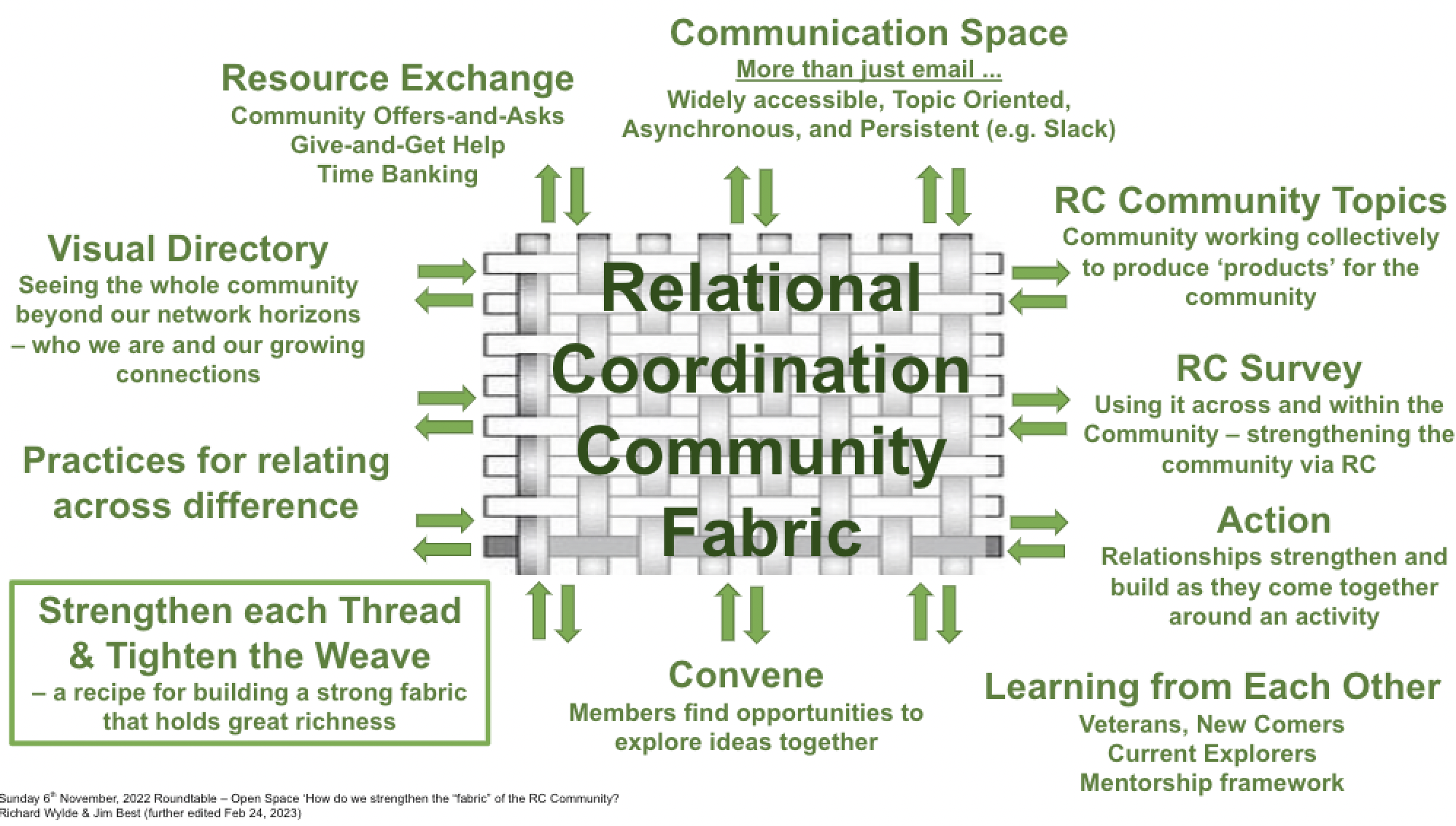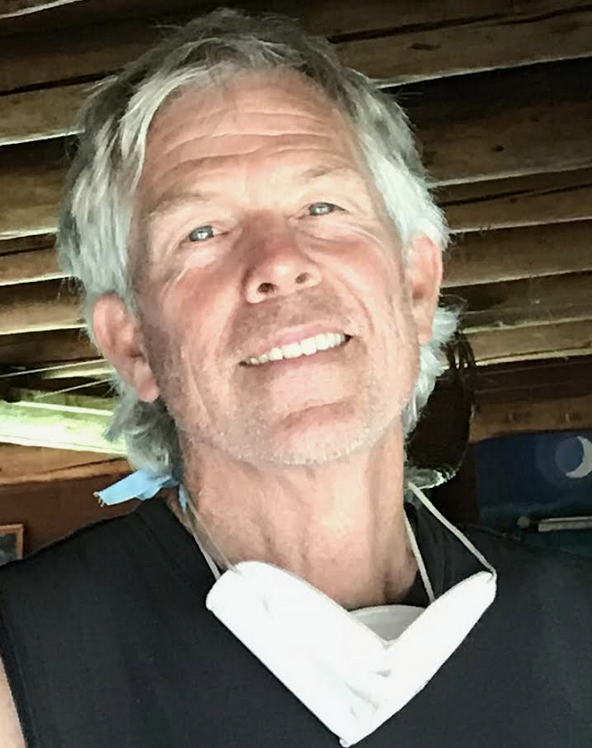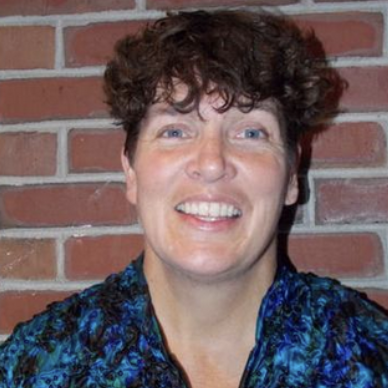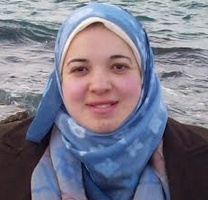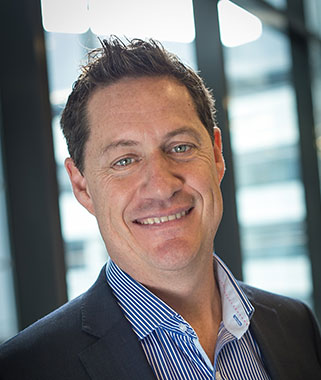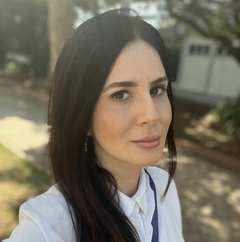
Benefits We Expect to Emerge
- Increase the value of the RCC to members by making it easy to intentionally build relationships throughout the year through conversations, coordination of resource flow, and collaborative activity.
- For the purposes of equity, inclusion, and increased creative generativity, leverage the RCC’s diversity of identities, perspectives, intentions, experiences, and capacities by building more connection and opportunity for conversation, coordination, and collaboration.
- Shift the current core-periphery network structure of the RCC where most RCC activity happens within a core of members, to a network with more flow between members in the periphery and between the periphery and core (multilevel relational structures).
- Help shift the culture beyond an entity framework (human-focused) to a more relational framework (connection-focused).
- A chance to create structures that harvest the on-going and rich work of practitioners – to be shared with other practitioners and to become the fuel for scholarship.
- Find ways to amplify the shift from cultures dominated by “power-over” relationships to those that enable the “power-to” of impassioned members to feed collective shared goals through “power-with” relationships.
- A place to collect, create, incubate, and develop practices that might be applicable to RC field work.
Join this Innovation Lab where we can explore and experiment together with “Tightening the Weave” of the RCC relational fabric.

